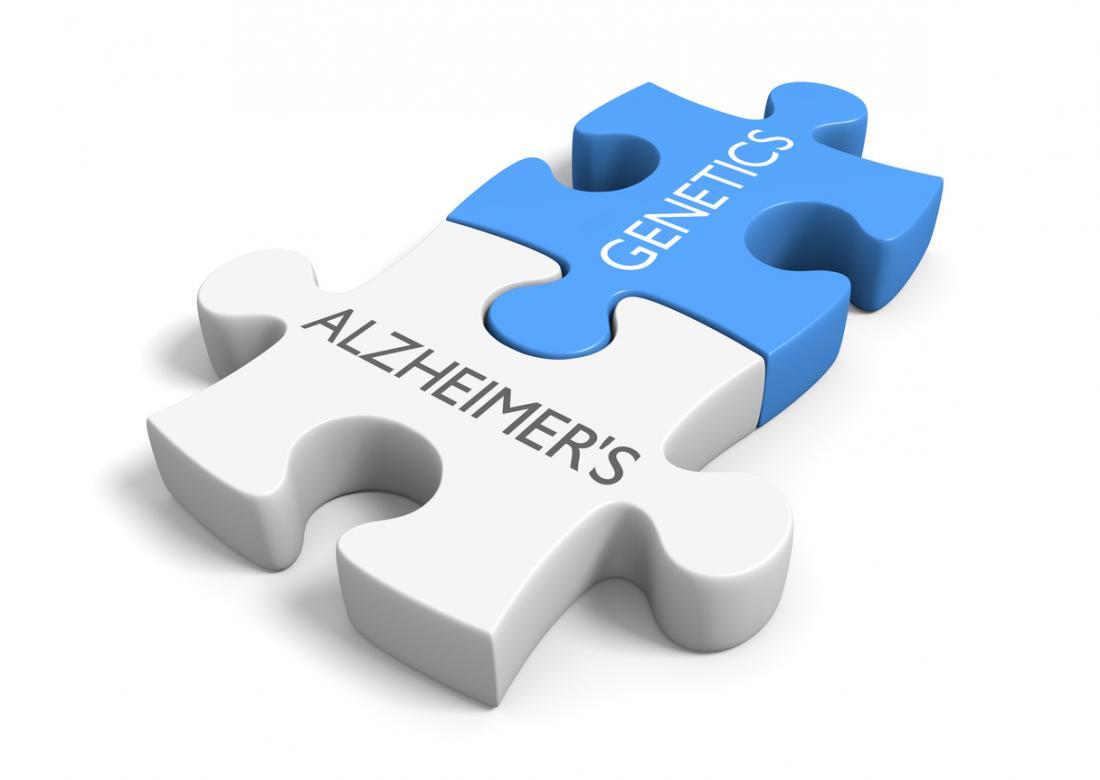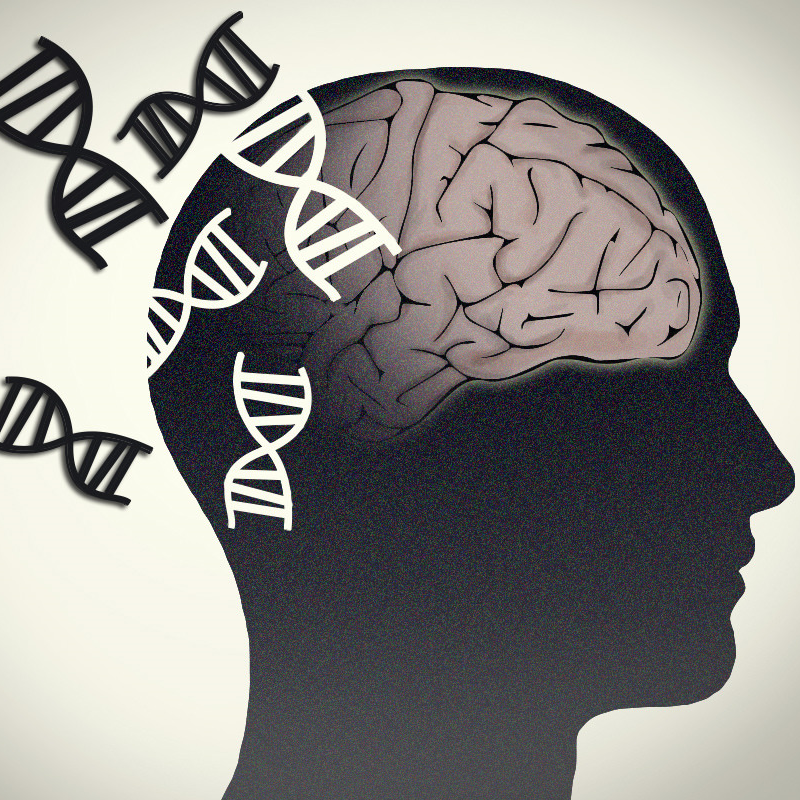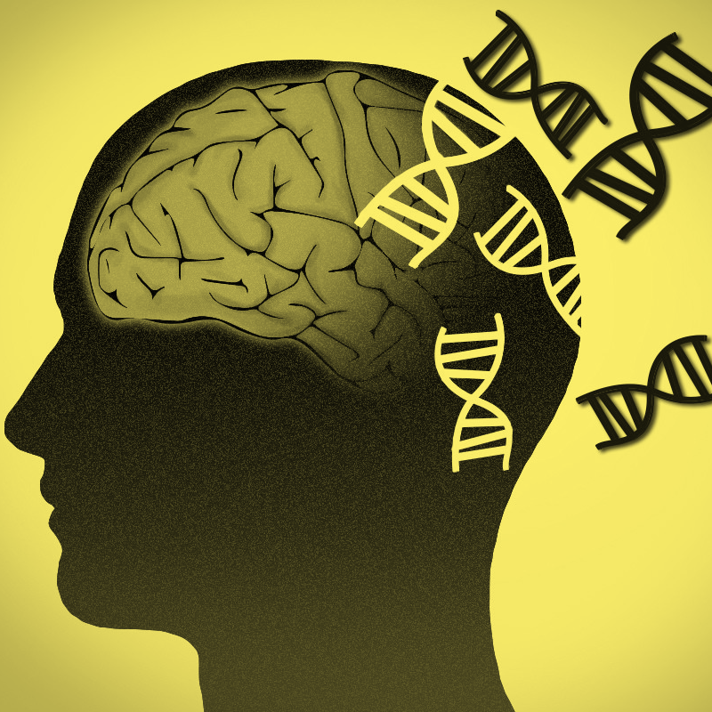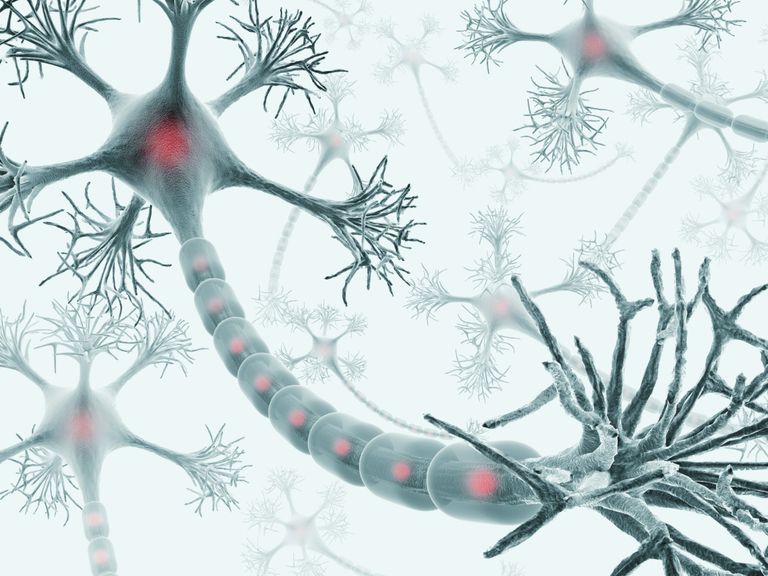Genetics of Alzheimer's disease
The Alzheimer’s Disease Neuroimaging Intitiative in the era of Alzheimer’s disease treatment: A review of ADNI studies from 2021 to 2022
Disclosing APOE genotype to individuals at risk for Alzheimer’s disease
Using the Alzheimer’s Disease Neuroimaging Initiative to improve early detection, diagnosis, and treatment of Alzheimer’s disease
How will Aducanumab approval impact Alzheimer’s disease research?
Genome-wide association study of rate of cognitive decline in Alzheimer’s patients identifies novel genes and pathways
Disclosing genetic risk of Alzheimer’s dementia to individuals with mild cognitive impairment
Association of TTR polymorphisms with hippocampal atrophy in Alzheimer disease families
Genetic architecture of subcortical brain structures in 38,854 individuals worldwide

Bioethicists worried patients couldn’t handle their own genetic testing results. They were (mostly) wrong
The first major randomized clinical trial on the effect of disclosing genetic information found that people who decided to learn about their genetic risk of developing Alzheimer’s disease did not experience large, negative psychological impacts.
Diagnosis and Management of Alzheimer’s Disease and Other Dementias
Book
Communication predictors of patient and companion satisfaction with Alzheimer’s genetic risk disclosure
The impact of genetic counselors’ use of facilitative strategies on cognitive and emotional processing of genetic risk disclosure for Alzheimer’s disease
Association analysis of rare variants near the APOE region with CSF and neuroimaging biomarkers of Alzheimer’s disease
A randomized controlled trial of disclosing genetic risk information for Alzheimer disease via telephone

G2P Newsletter May 2017
In spring, The New York Times highlighted G2P’s work with REVEAL-SCAN, team members participated in a 10k marathon to raise money for genetic research, and G2P researchers published a new article on direct-to-consumer testing.

New gene tests pose a threat to insurers
Dr. Green has found that people who learn they have the ApoE4 gene fare just as well if they get the results without counseling.those who learned they had the gene variant — Ms. Reilly was one of them — were nearly six times more likely to buy long-term care insurance than those who did not.
Disclosing genetic risk of Alzheimer’s disease to cognitively impaired patients and visit companions: Findings from the REVEAL Study
Crowdsourced estimation of cognitive decline and resilience in Alzheimer’s disease

Genomes2People: a roadmap for genomic medicine
An overview and summary of the main projects that are being conducted within the G2P program, both past and present. This article also includes the progract managers and research assistants on each major project.
Global and local ancestry in African Americans: Implications for Alzheimer’s disease risk
The executive prominent/memory prominent spectrum of Alzheimers disease is highly heritable

More information on genetic risks is actually reassuring, study finds
Within the REVEAL-SCAN study, one group of participants are given back the results on Alzheimer’s and additional heart disease information. Patients who are receiving the additional information are finding it reassuring that they can take measures to prevent at least one of their possible conditions if they have mutations for both.

No worries! CAD risk disclosure OK at Alzheimer’s genotyping
Through the REVEAL study, researchers were testing to see how participants anxiety, depression, and test-related distress would be affected by knowing their genetic results of Alzheimer’s Disease and Coronary artery disease.

Disclosure of incidental genetic findings can have positive impact for patients
A new study has found that providing unanticipated information about risk of coronary artery disease during a genetic risk assessment for Alzheimer’s disease helped some participants cope with their results, and also motivated participants to make changes to their health behaviors. The results of the randomized controlled study are published online in the journal Annals of … Continued

With genetic testing results, more may be better
The research study conducted through REVEAL might help researchers and doctors decide how much information to give patients based on genetic testing results
Development of a process to disclose amyloid imaging results to cognitively normal older adult research participants
Protective variant for hippocampal atrophy identified by whole exome sequencing
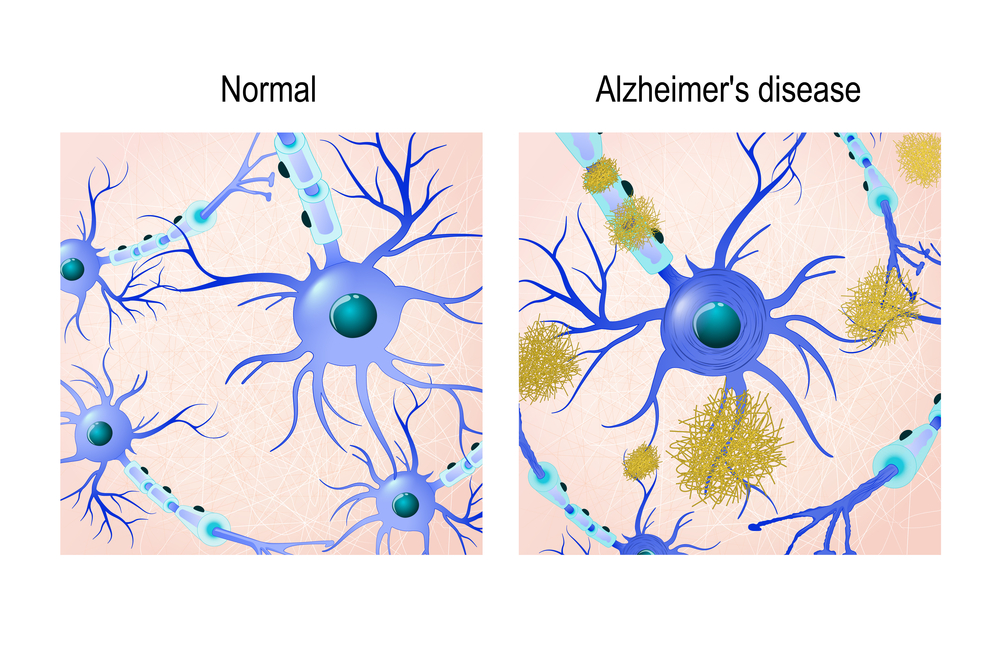
Am I destined to get Alzheimer’s?
Rarity of the Alzheimer Disease-Protective APP A673T Variant in the United States

Big precision medicine plan raises patient privacy concerns
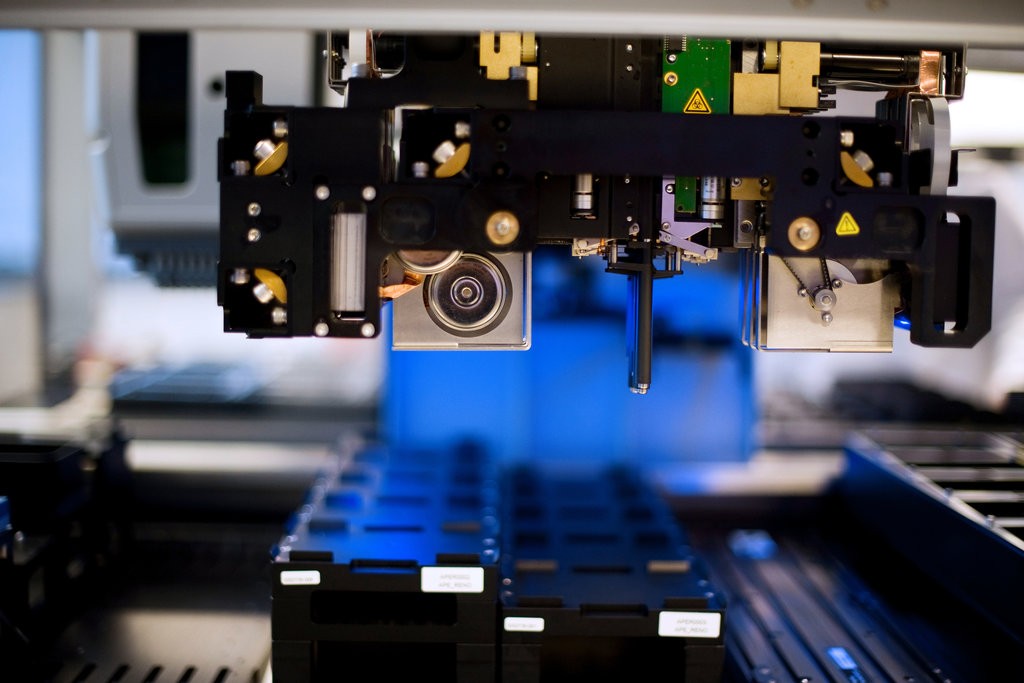
A path for precision medicine

REVEAL-SCAN Informative Brochure
Factors affecting recall of different types of personal genetic information about Alzheimer’s disease risk: The REVEAL Study








